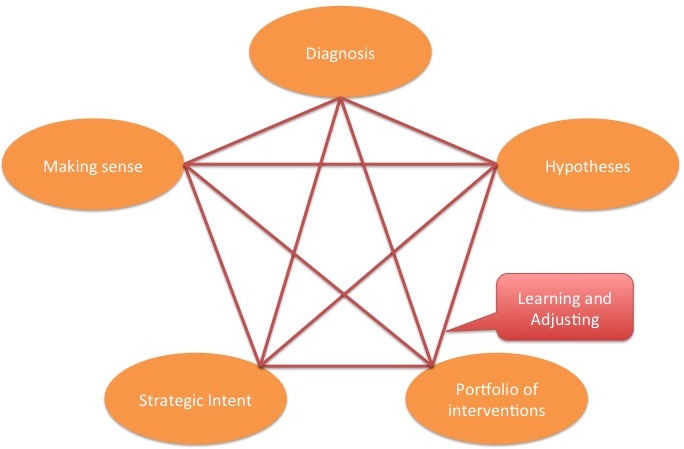Last week we published the 7th episode of the Systemic Insight podcast (get it from Libsyn or Apple Podcast or you can also find it on Spotify). It features Dr Toby Lowe of Northumbria University and his work on why outcome-based performance management doesn’t work – and what to do instead. In this blog post, I’m sharing some quotes from Toby and some insights I took from the conversation.
The discussion in the podcast touches upon why outcome targets distort rather than enhance performance, why they lead to gaming becoming a rational strategy, and what the alternatives are for people who work in complex contexts. As outcome-based performance management is still the prevalent method to manage the performance in many fields, this discussion is highly relevant and pertinent.
This episode is packed with ideas and quite challenging thoughts! In this blog post I am bringing together a number of quotes from Toby and some comments from my side.
Continue reading


